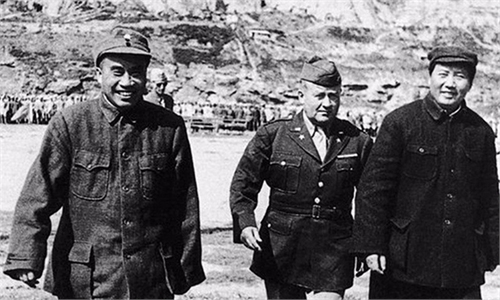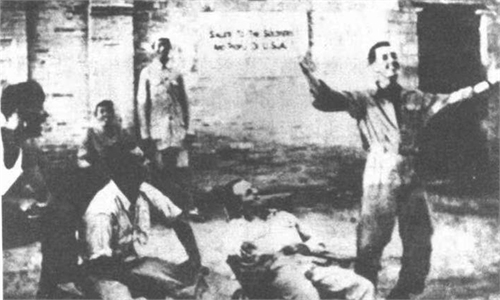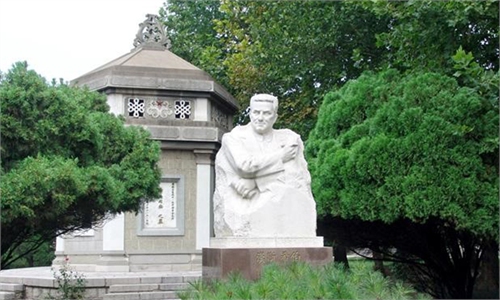The CPC: Representing the Fundamental Interests of the Masses — American Journalist Jack Belden on Why the CPC Could Succeed
In 1933, an American journalist Jack Belden traveled across the Pacific Ocean to China, a country in the midst of war. Soon after his arrival, Belden found that Mao Zedong, a household name here, was “often referred to as the ‘saving star’ of the people.” Such a phrase had “both a religious and an undemocratic ring to a Western ear” like Belden. Keen to learn more about the Communist Party of China, Belden stayed in China for nine years as a war correspondent. He witnessed the suffering and anger of the Chinese people and the democratic revolution led by the CPC. Based on his interviews with a cross section of people ranging from military and political figures to ordinary Chinese, he presented a truthful account of China’s War of Resistance against Japanese Aggression and the War of Liberation, and documented touching stories about the CPC’s inseparable bond with the Chinese people, thus providing answers to two big questions: Why did the Chinese revolution succeed? Why could the CPC seize power?
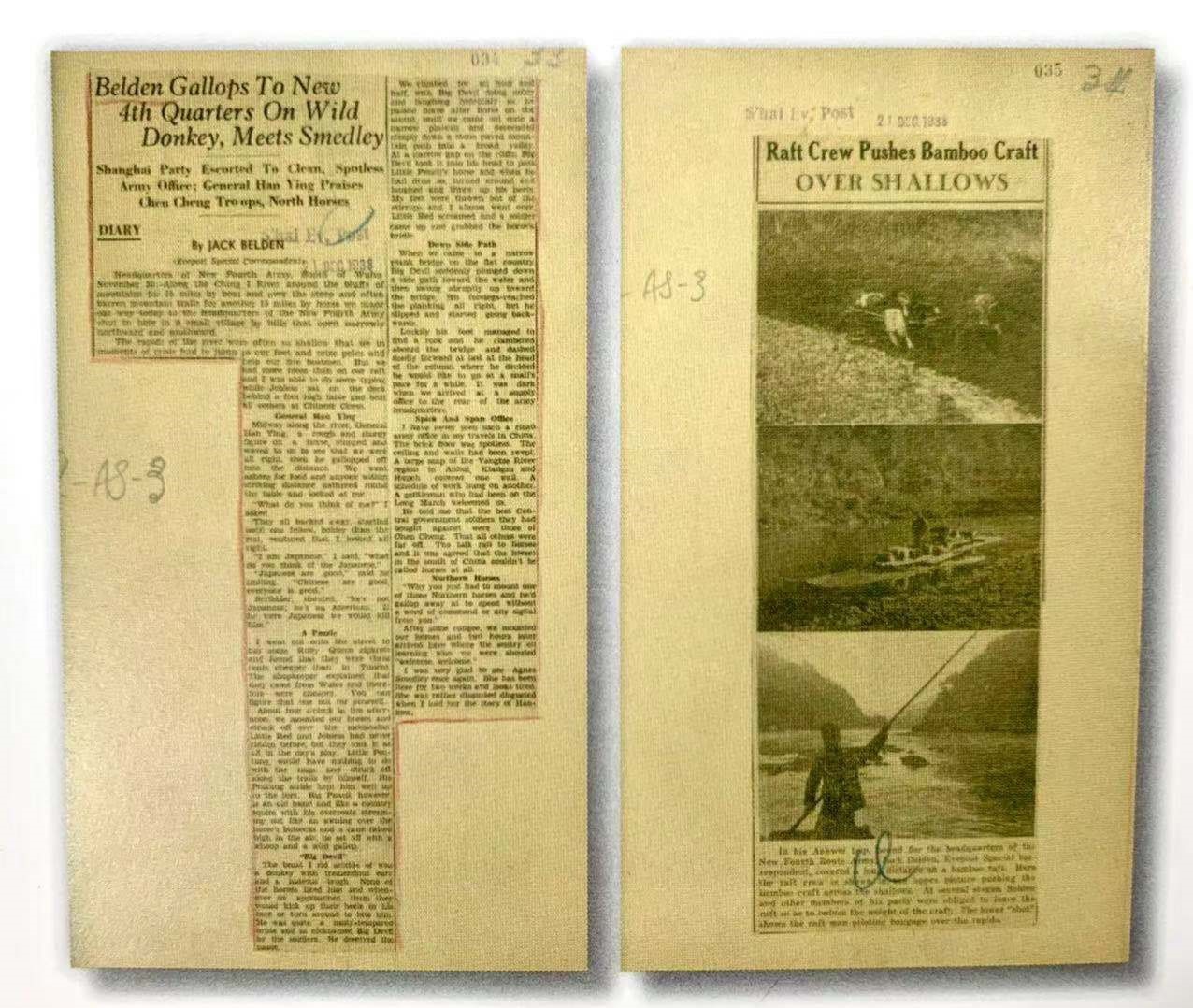
To explain the success of the Chinese revolution, Belden gave a vivid portrayal of the guerrilla warfare and the Communists who led the revolution to success. In a straightforward style, he wrote about how the Japanese troops conducted door-to-door searches in areas with active guerrilla activities and left the locals in great suffering. He wrote about how the Kuomintang (KMT) army’s inaction caused public outrage while, in sharp contrast to “the external trappings, awe-inspiring uniforms and the men bearing arms before yamen gates” of the KMT, the Communists defied all odds and put their own lives in danger to fight the Japanese aggressors, winning themselves the trust and respect of the people with discipline, sincerity, and faith in victory. He also wrote about how the local people, drawn to the same revolutionary ideals, treated the soldiers as family and did everything they could to ensure supplies. Belden noted that the people “no longer regarded the government with the terror of the old days” and that instead of being a class of “rulers above and aloof, the government had become something close to earth that they could touch and trust.” Clearly, the victory of the CPC was the choice of history and of the people.
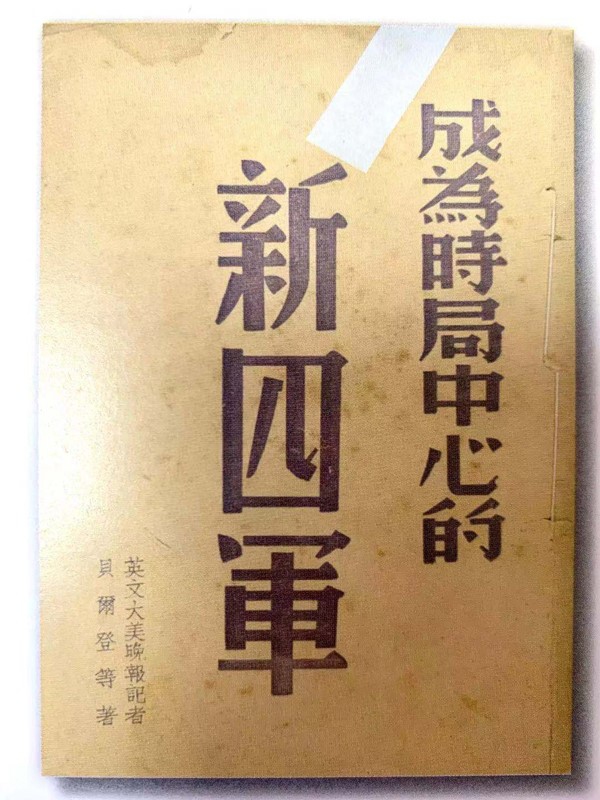
The CPC was able to seize power, Belden observed, not only because it won the war, but also because it addressed the millennia-old land issue and fulfilled the people’s dream of “land to the tiller.” As a witness of China’s Agrarian Revolution, Belden wrote about how, to change the situation that landlords and rich peasants forming about 10 per cent of the population occupied 55 to 65 per cent of the land, the CPC issued a Directive on the Land Question on 4 May 1946 to back the peasants’ struggle to take land from landlords by exposing traitors, settling accounts, and reducing land rents and loan interests. It was precisely through these glimpses of what was happening at the lowest rung of Chinese society that Belden gained a new understanding about the CPC. He was then able to demonstrate to the world that the CPC did not come to power by chance, but by winning the hearts and minds of the masses and representing their fundamental interests.
In the eyes of Jack Belden and many other foreign journalists who witnessed the Chinese revolution, “the Communists won the people to their cause by arousing the hope, trust and affection of the people” and “in this way, built up a power apparatus established by and for the masses.” In 1949, Belden published his most famous work China Shakes the World. As a response to questions raised by some so-called China experts, Beldon cited a quote famously attributed to Napoleon,“China is a sleeping giant; Let her sleep, for when she wakes, she will shake the world.” He joined in the chorus of the Chinese people―“The CPC will succeed!”
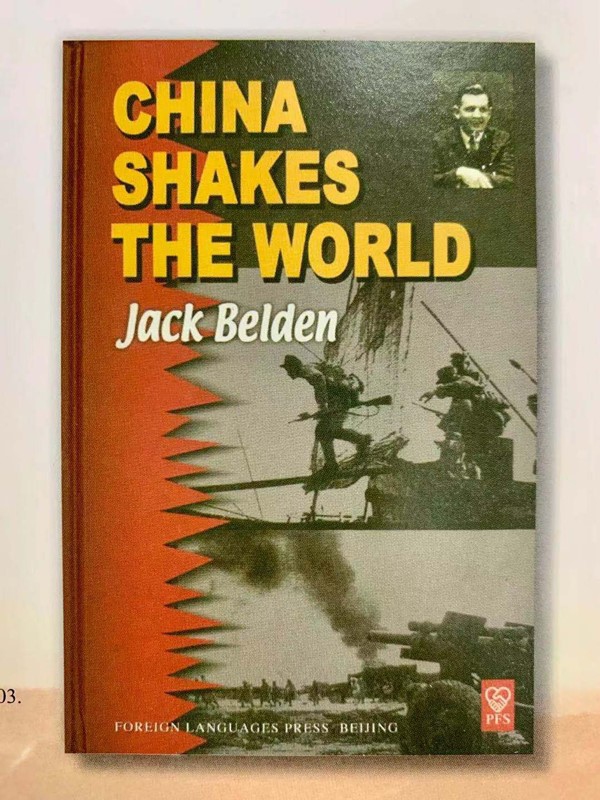

Jack Belden’s reports on the New Fourth Army published in Shanghai Evening Post and Mercury in December 1938
To explain the success of the Chinese revolution, Belden gave a vivid portrayal of the guerrilla warfare and the Communists who led the revolution to success. In a straightforward style, he wrote about how the Japanese troops conducted door-to-door searches in areas with active guerrilla activities and left the locals in great suffering. He wrote about how the Kuomintang (KMT) army’s inaction caused public outrage while, in sharp contrast to “the external trappings, awe-inspiring uniforms and the men bearing arms before yamen gates” of the KMT, the Communists defied all odds and put their own lives in danger to fight the Japanese aggressors, winning themselves the trust and respect of the people with discipline, sincerity, and faith in victory. He also wrote about how the local people, drawn to the same revolutionary ideals, treated the soldiers as family and did everything they could to ensure supplies. Belden noted that the people “no longer regarded the government with the terror of the old days” and that instead of being a class of “rulers above and aloof, the government had become something close to earth that they could touch and trust.” Clearly, the victory of the CPC was the choice of history and of the people.

Jack Belden’s “The New Fourth Army——the Center of the Current Trend” published in March 1941
The CPC was able to seize power, Belden observed, not only because it won the war, but also because it addressed the millennia-old land issue and fulfilled the people’s dream of “land to the tiller.” As a witness of China’s Agrarian Revolution, Belden wrote about how, to change the situation that landlords and rich peasants forming about 10 per cent of the population occupied 55 to 65 per cent of the land, the CPC issued a Directive on the Land Question on 4 May 1946 to back the peasants’ struggle to take land from landlords by exposing traitors, settling accounts, and reducing land rents and loan interests. It was precisely through these glimpses of what was happening at the lowest rung of Chinese society that Belden gained a new understanding about the CPC. He was then able to demonstrate to the world that the CPC did not come to power by chance, but by winning the hearts and minds of the masses and representing their fundamental interests.
In the eyes of Jack Belden and many other foreign journalists who witnessed the Chinese revolution, “the Communists won the people to their cause by arousing the hope, trust and affection of the people” and “in this way, built up a power apparatus established by and for the masses.” In 1949, Belden published his most famous work China Shakes the World. As a response to questions raised by some so-called China experts, Beldon cited a quote famously attributed to Napoleon,“China is a sleeping giant; Let her sleep, for when she wakes, she will shake the world.” He joined in the chorus of the Chinese people―“The CPC will succeed!”

"China Shakes the World" republished in Jan.2003
